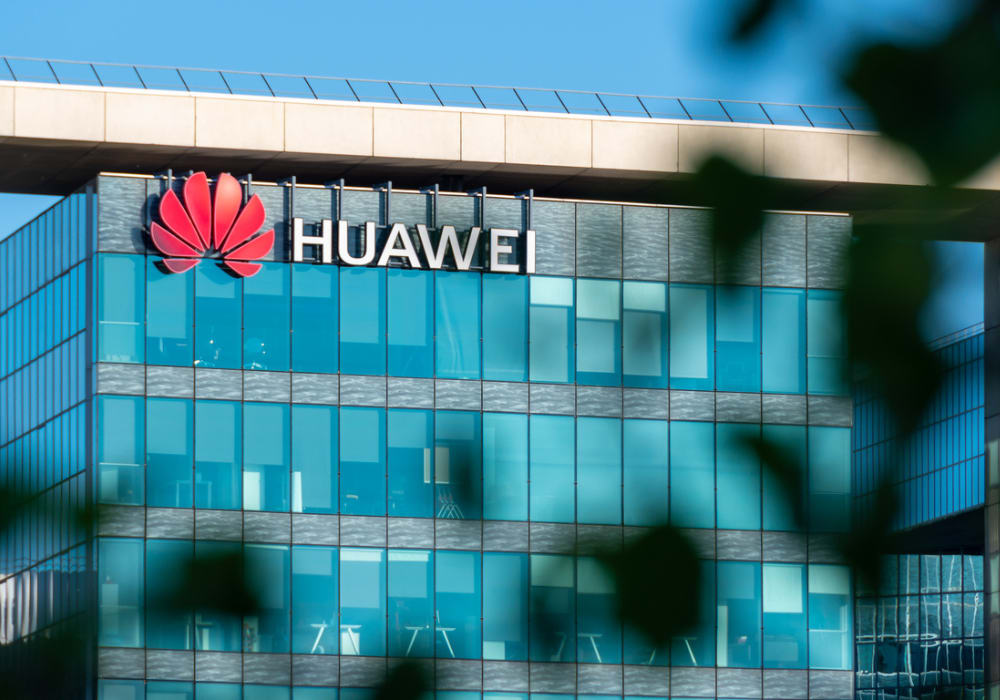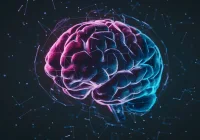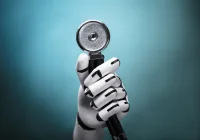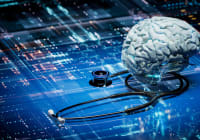In today's digital world, industries across the globe are racing to adopt new technologies that promise to enhance efficiency and improve results. Healthcare, an industry burdened by an ageing infrastructure and increasing demand, stands to benefit significantly from digital transformation. Solutions like network, cloud, and artificial intelligence (AI) are becoming essential with the growing need for efficiency, accuracy, and better patient care. Huawei, a leader in information and communication technology (ICT), has focused on healthcare, offering a range of cutting-edge technologies that aim to solve key industry challenges and deliver better patient outcomes.
The Healthcare Data Deluge
One of the most pressing challenges facing the healthcare industry is the explosion of data. Hospitals are now generating data at an unprecedented rate, with estimates showing a 48% annual growth. This surge in information, much of it driven by medical imaging, can overwhelm traditional data storage systems. Medical image data alone accounts for 80% of clinical data, putting a tremendous strain on hospitals’ infrastructure. Huawei addresses this issue with advanced data management solutions, utilising its cloud computing and big data expertise. These technologies enable healthcare providers to efficiently store, manage, and access vast amounts of data, all while ensuring security and compliance with strict healthcare regulations.
Huawei’s Digital Medical Technology Solution is a game changer in this space. It allows hospitals to compress medical images by 30%, saving 70% of the physical storage space in data centres. This helps optimise infrastructure and ensures quick access to medical records, making patient care more efficient. With advancements such as lossless compression and AI-assisted quality control, healthcare facilities can now store, manage, and retrieve essential medical data without the risk of system overload or security breaches.
Efficient Network Connectivity for Better Healthcare
A robust and reliable network is crucial for efficiently operating healthcare facilities. In China alone, there are over 37,000 hospitals requiring tens of millions of device connections. Managing such a vast network is no small feat. Huawei’s expertise in network solutions provides hospitals with the connectivity they need to support everything from medical devices to cloud-based health services.
Huawei's Smart Ward Solution is a prime example of how the company enhances connectivity within healthcare environments. By combining Wi-Fi, Internet of Things (IoT), and multi-band convergence into one seamless network, hospitals can support over 400 connected devices simultaneously. This allows for real-time data sharing between medical professionals, improving collaboration and decision-making. Additionally, the introduction of zero-roaming distributed Wi-Fi enables healthcare staff to remain connected throughout the facility, eliminating the need for time-consuming manual check-ins and enabling more personalised, efficient patient care.
The Smart Ward Solution also supports video-network collaboration, which is essential for remote diagnosis and treatment. This capability is critical in rural or underserved areas, where specialist access may be limited. By providing a stable and high-quality connection, Huawei ensures that telemedicine and AI-assisted diagnosis are reliable and effective, ultimately improving patient outcomes.
Artificial Intelligence: The Future of Healthcare
Integrating AI into healthcare revolutionises how medical professionals diagnose, treat, and manage patient care. In collaboration with its AI partner IFLYTEK, Huawei is leading the charge in bringing AI to healthcare systems. Their AI-driven solutions not only help healthcare providers make faster, more accurate diagnoses but also improve hospital management and patient care processes.
With the latest iteration of Huawei’s Digital Medical Technology Solution, version 2.0, AI plays a central role in enhancing the quality of medical imaging. AI-based quality control algorithms now ensure that image accuracy reaches 98%, reducing diagnosis times by 40% and enabling doctors to make faster, more informed decisions. This is particularly beneficial in time-sensitive cases, such as stroke or heart attack patients, where every minute counts.
Beyond diagnostics, AI is used to streamline hospital administration, reduce patient wait times, and optimise patient flow. Tasks like medical record management and discharge note augmentation are automated, freeing up healthcare professionals to focus more on patient care. As Huawei continues to improve its AI and computing capabilities, the potential for further innovation in healthcare is immense.
The digital transformation of healthcare is no longer a distant vision but a rapidly evolving reality, thanks to the integration of advanced technologies like cloud computing, AI, and networking solutions. Huawei’s contributions to this transformation are significant, offering healthcare providers the tools they need to improve efficiency, streamline operations, and deliver better patient outcomes. From managing the explosion of medical data to ensuring seamless connectivity and leveraging the power of AI, Huawei’s comprehensive suite of solutions addresses the core challenges facing modern healthcare. As the company continues to innovate and collaborate with industry partners, the future of healthcare looks brighter, more efficient, and more patient-centric than ever before.
Source Credit: Healthcare Digital
Image Credit: iStock










